
A futuristic model of an intelligent connected vehicle is on display at the 8th Digital China Summit in Fuzhou, Fujian province, on April 28. (WANG WANGWANG/FOR CHINA DAILY)
At the 8th Digital China Summit held in Fuzhou, Fujian province, from April 29 to 30, the spotlight shone brightly on China's accelerating artificial intelligence revolution.
A robotic dog flawlessly performed backflips on stage, humanoid robots sang emotionally resonant tunes, and an array of AI-powered gadgets — smart toys, glasses, mice and autonomous driving systems — captivated audiences.
Beyond the spectacle, however, lies a profound transformation: AI is no longer confined to laboratories or urban hubs, but is rapidly permeating every corner of the Chinese society, from farmlands to cities.
Behind this AI-driven metamorphosis is an invisible yet indispensable force: computing power.
As the backbone of AI development, computing power has become the battleground for global technological supremacy, and China is charging ahead with unprecedented momentum.
Roughly defined as the ability to process data, computing power includes information infrastructure and technologies to support information computing power, data storage and network capacity in the digital economy era.
China's ambition to develop AI is underpinned by aggressive investments in computing infrastructure.
According to the Ministry of Industry and Information Technology, China's total computing power reached 280 EFLOPS by the end of 2024, with intelligent computing power accounting for 90 EFLOPS, or over 30 percent of the total.
EFLOPS measure the speed of computer systems. It equals 1 quintillion floating-point operations per second.
By 2025, the country aims to boost its aggregate computing capacity to 300 EFLOPS, with AI computing power projected to rise to 35 percent of the total.
This push aligns with a national strategy to position computing power as the "new engine" of the digital economy.
Wu Hequan, an academician at the Chinese Academy of Engineering, emphasized that every yuan ($0.139) invested in computing power drives 3 to 4 yuan in GDP growth. "In the global race for AI leadership, expanding computing power supply is critical," he noted.
Wu also emphasized the pivotal role of cutting-edge digital tools in boosting corporate productivity and reducing operational expenditures.
He projected robust growth for AI-driven software and services in the coming years, forecasting their emergence as a major catalyst for national economic expansion.
At the summit, State-owned telecom carrier China Telecom unveiled its upgraded intelligent cloud ecosystem, cementing its role as a linchpin in China's AI infrastructure.
With its Tianyi Cloud, or China Telecom Cloud, now ranking as the nation's largest cloud service provider by revenue — 113.9 billion yuan in 2024, surpassing Alibaba Cloud — the company is positioning itself as the "National Cloud" to spearhead China's transition from digitization to intelligent transformation.








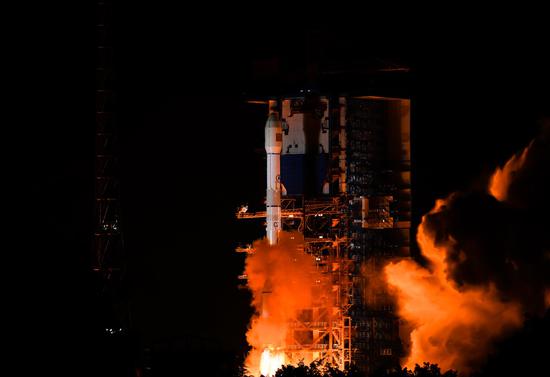



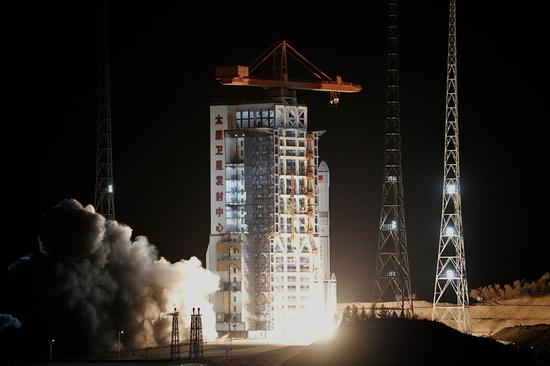
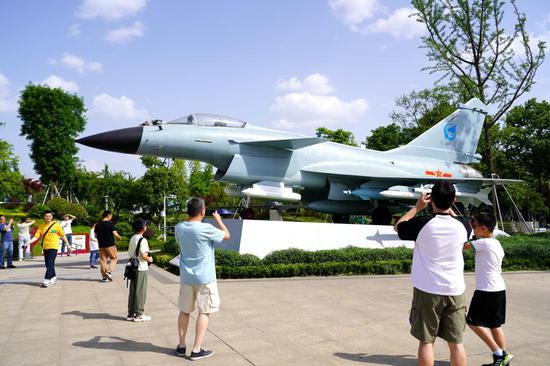




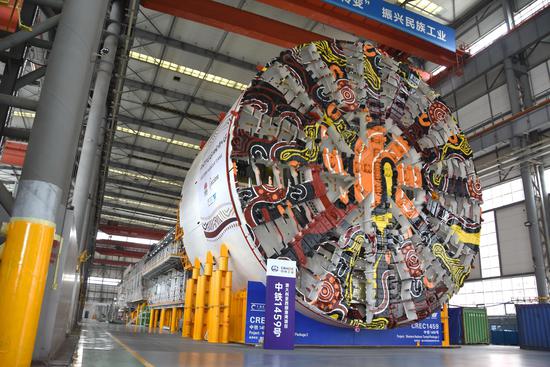
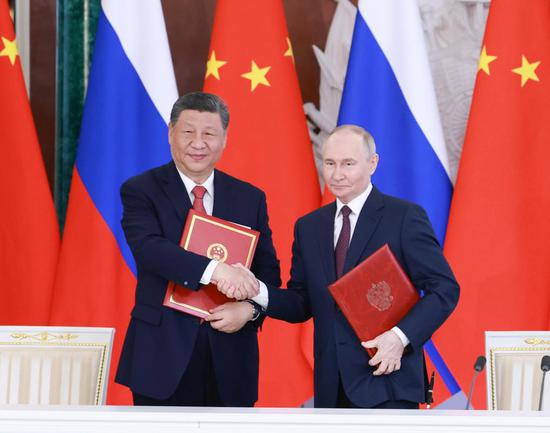


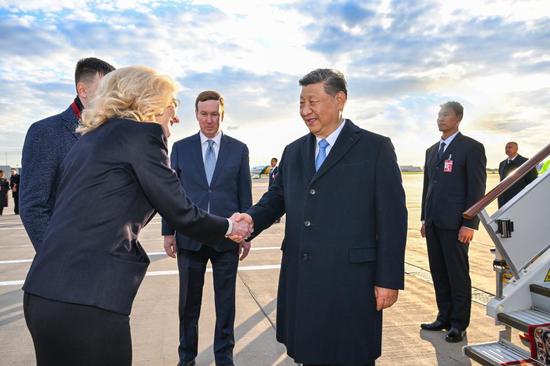












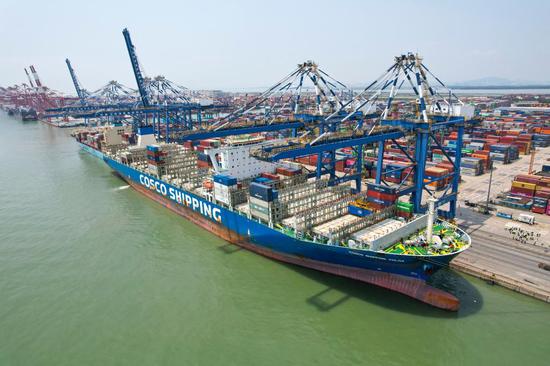














 京公网安备 11010202009201号
京公网安备 11010202009201号